
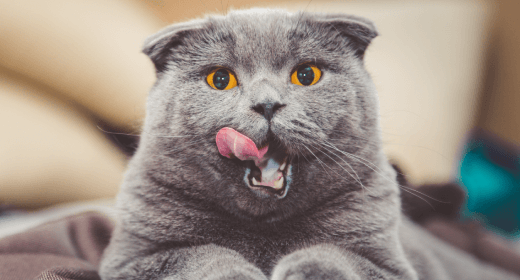
According to a recent study, a cat's taste buds are very different compared to other animals. They possess more receptors for bitterness than sweetness, this makes most cats very finicky and picky about what they eat. Lack of poor eating habits can thus lead to poor nourishment and unhealthy development. Hence, cat parents are required to pay special attention to what their kitties eat, how much they eat, and how often. Feeding them a bowl full of treats and meals is not enough, caregivers also need to consider the nutritional value of their feline friend’s meal.
Choosing the right cat food to provide an adequate amount of vitamins for cats is important. Besides, being carnivorous animals, cats prefer animal-based products over the plant-based ones. IAMS develops cat food using high-quality animal-based protein that includes essential amino acids required for your kitty’s nourishment.
Cats need specific nutrients for appropriate growth and development. Components like vitamins, minerals, protein, fiber, carbohydrates, and fat are some of the essential nutrients present in good-quality cat food. Cats can get most of these nutrients from food like dairy, bone meal, legume plants, animal organs, and dietary supplements. The following are the necessary cat food nutrients to look for:
Look for the following to ensure you only invest in the best meals for your cats when buying cat food:
You can also choose IAMS cat food to feed your kitty a complete and nourishing meal. IAMS cat food contains unique fatty acids that result in healthier skin, shiny fur, adequate membrane structure, and improved health. Besides, the fermented fiber present in IAMS products improves intestinal health by boosting your kitty’s digestive and gastrointestinal functions.
With our wide range of cat foods, you can choose the one that fits your pet’s needs and preference. IAMS Proactive Health Healthy Adult is made with love to ensure your cat has a shiny coat, healthy skin, and strong muscles. It comes in different flavors like Chicken, Tuna and Salmon Meal as well as Chicken and Salmon Meal.
If you are concerned about issues like unhealthy weight and hairball, you can include IAMS Proactive Health Indoor Weight and Hairball Care. It is loaded with L-carnitine, natural fiber and high-quality protein for weight management and hairball care.
The following are some essential minerals for cats:
Cats need potassium for nerve function, muscular contraction, and heart rhythm as this mineral is an electrolyte.
Calcium is an important mineral for bone and teeth growth.
This mineral ensures muscle contraction, provides hydration, and powers nerve impulses.
Sodium and chloride work together as electrolytes to maintain acid-base balance, muscle contraction, nerve impulse transmission, and hydration.
This mineral is essential for your metabolism and vital growth. It also supports your teeth and bone health.
Cats need iron for transporting energy in their bodies.
This mineral works in conjunction with vitamin E and works as an essential antioxidant.
Cats require copper for bone growth, skin pigmentation as well as the absorption and transportation of iron.
This mineral is significant for enzyme function and digestion of proteins, fats, and carbohydrates in cats.
Another essential mineral for cats is zinc. They need it for metabolising lipids, protein, nuclei, and carbohydrates.
This mineral for cats is important for the development of thyroid hormones.
A lack of vitamins can result in the abnormal functioning of essential enzymes in cats. Hence, vitamins are important for its healthy growth and development. The following are some of the most essential vitamins for cats:
This vitamin improves the cat’s vision, bone, dental, reproduction, mucous membrane, and skin health. Kittens and pregnant cats need more vitamin A compared to adult and senior cats.
Cats need vitamin B12 for metabolising fat and carbohydrate. This vitamin is also necessary for a cat’s nerve conduction.
Cats require a minimum of 280 IU of vitamin D per kilogram of food as this vitamin helps in improving their calcium and phosphorous levels. Both calcium and phosphorous are necessary for better bone density, hence vitamin D is one of the most essential vitamins for cats.
Every adult cat should consume at least 1 to 3 IU of vitamin E per day as this vitamin is an essential antioxidant that protects them from cell oxidative damage.
Cats need very little vitamin K for preventing their blood from clotting.
This vitamin is necessary for releasing energy from fats, protein, and carbohydrates. Riboflavin deficiency may result in anorexia, bilateral cataracts, fatty liver, testicular hypoplasia, and periauricular alopecia.
It improves carbohydrate metabolism in cats. Lack of this vitamin may result in weight loss, vomiting, neurological distress, impaired vision, dilated pupils, vestibular signs, and seizures.
Niacin deficiency may result in fever, oral mucosa, tongue ulcer, and weight loss. This vitamin is essential for breaking down fats, carbohydrates, and proteins present in food.
Important for the synthesis of DNA and methionine (an amino acid), folic acid deficiency may cause anemia, weight loss, and leukopenia.
This vitamin is necessary for digesting amino acids, glucose, and fatty acids.
Biotin deficiency may cause skin issues in cats. This vitamin helps in the formation of fatty acids, certain amino acids, and DNA/RNA in cats.
Choline is an important neurotransmitter for the cell membranes and lipid.
Therefore, when buying cat food for your feline friend, make sure to check if it contains all the necessary nutrients to aid their better growth and development. You can also buy supplements to provide the necessary vitamins for cats. However, it is best to consult a veterinarian before choosing a new cat food brand or supplements for added vitamins and minerals for cats.
Some essential vitamins for cats include vitamin A, vitamin B12, vitamin D, vitamin K, vitamin E, niacin, biotin, and folic acid.
Cats absorb most of their mineral requirement from the food they consume. Cat food containing meat, liver, cereals, and fish are some of the good sources of minerals for cats.
Cats usually absorb all necessary vitamins from the food they eat. So, it is better to feed them a nourishing meal over vitamin supplements. Cats may need vitamin supplements only in case of deficiency. Please consult a veterinarian for more guidance on the same.
Cats need trace minerals like iron, copper, zinc, and manganese in very small quantities. They ideally depend on their daily diet for getting these minerals.
Cats ideally do not need additional supplements as they can absorb all necessary vitamins and minerals from their meal. However, it is best to consult a veterinarian doctor to know which supplement can be beneficial for your kitty.

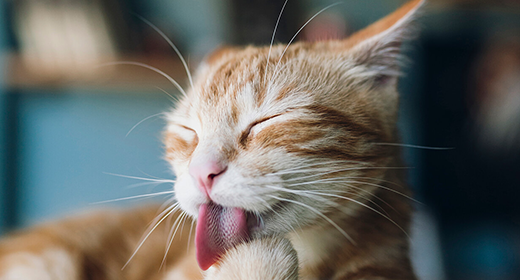
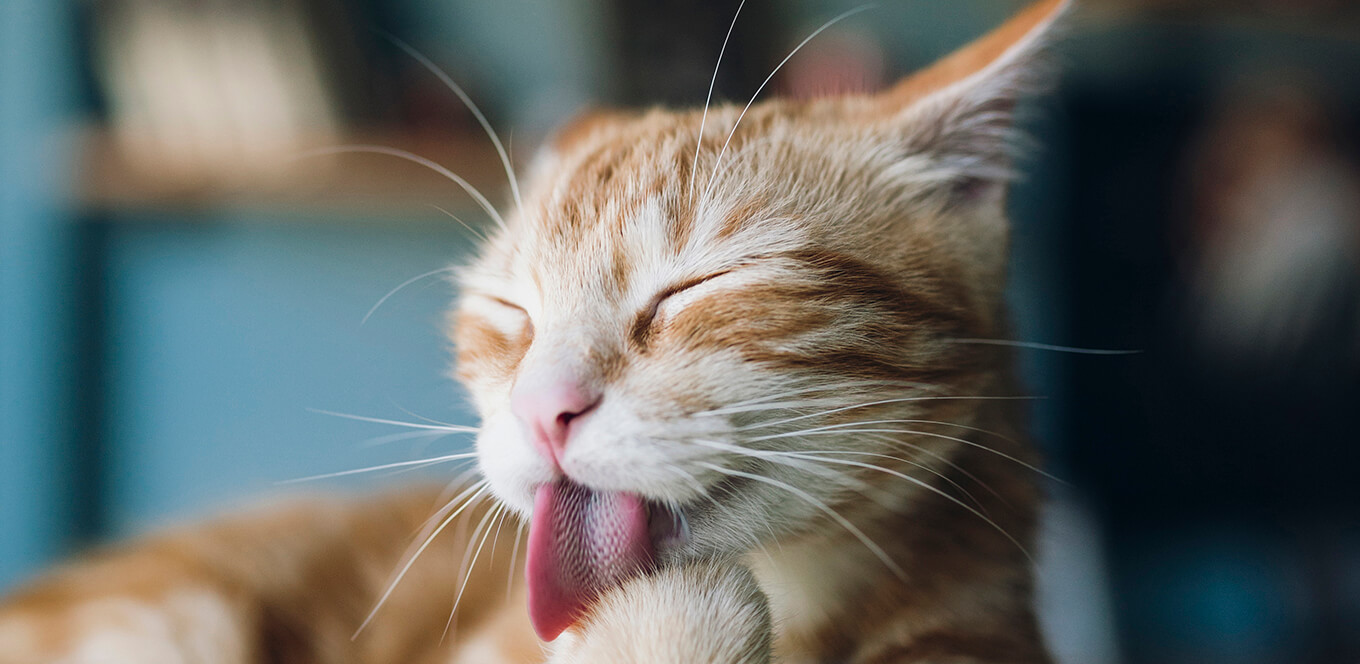
Every cat owner recognizes the warning signs of an upset feline stomach: the mournful meow, gagging and the heaving retch. But just as suddenly as it began, your cat returns to good health while you’re left scrubbing the carpet.
The scenario is a familiar one for Cynthia Bowen of Cleveland, Ohio. As the owner of four Maine Coons, Bowen has cleaned her share of messes. “It would happen every couple of months or so,' she says. 'Otherwise, they were perfectly healthy.'
Although it's not a pleasant subject, vomiting is something cats seem to do on cue. Many cat owners accept this as a natural part of owning a pet, but it doesn’t have to be that way. Knowing what triggers an upset stomach and what you can do about it will make for a better relationship with your cat.
Many owners attribute their cat’s vomiting to hairballs, but that’s not the only culprit. “It’s careless to assume that most cases of vomiting in cats are due to hairballs,” says Dr. William Folger, a DVM from Houston. Two other frequent causes of an upset stomach are eating too fast and curiosity.
Cats sometimes eat too much too fast. When the stomach wall expands too quickly, a signal is sent to the brain to cause regurgitation. In these cases, the mess on your floor is from regurgitation, not actual vomiting. When a cat regurgitates, she brings up fluid and food from her esophagus by opening her mouth — unlike vomiting, which involves gagging and retching.
Regurgitated food is still formed and may smell fermented. “Cats that eat too quickly because they are gluttonous or stressed by food-bowl competition can regurgitate right after eating,” says Dr. Sara Stephens, a DVM from Montana. But don’t assume regurgitation is always a case of eating too quickly. It could be caused by esophageal problems, obstruction of the digestive tract, hairballs or dehydration. If you’ve forced your cat to eat slowly and she still has problems, contact a veterinarian.
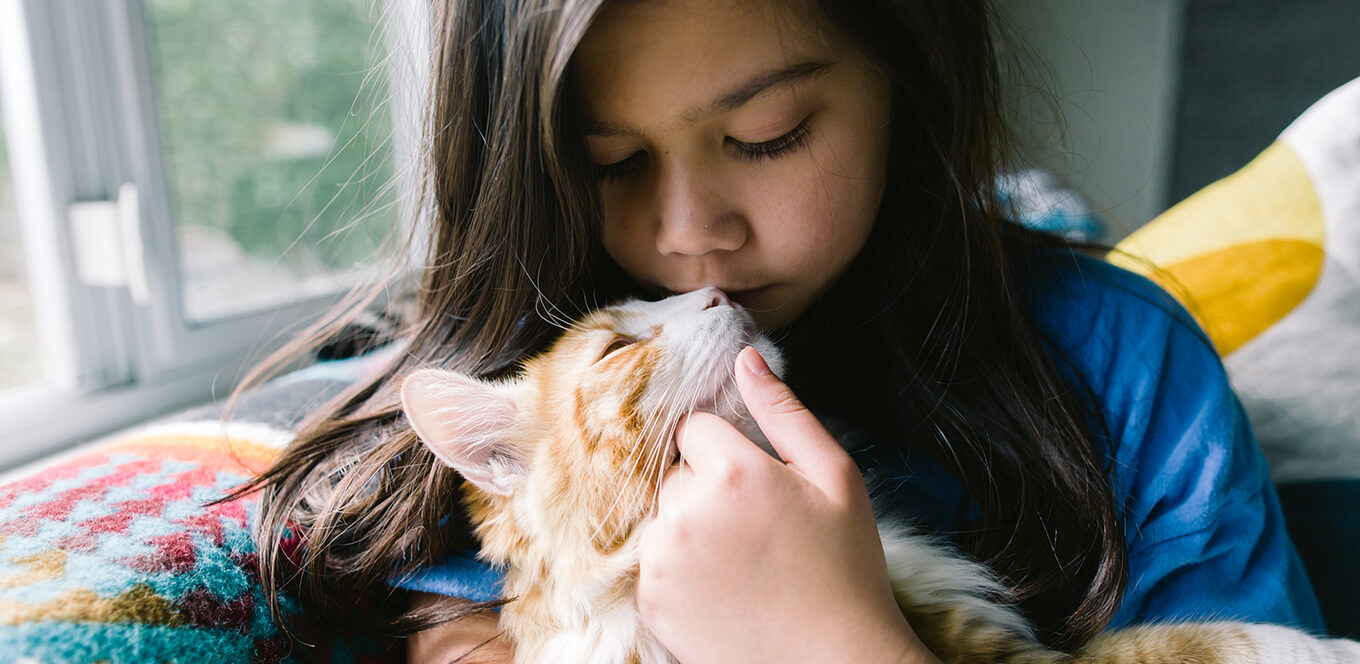
Grass, carpet and toilet paper are just a few things cats may digest and later vomit. The vomiting is a protective mechanism — nature’s way of cleansing your cat’s system. Sometimes, though, curiosity can lead to more serious problems. String, toy parts and feathers are favorites of playful felines and can lodge in the stomach or intestine, causing repeated vomiting and severe distress. If your cat exhibits these symptoms, take her to a veterinarian immediately. Surgery is often necessary to remove the object.
Repeated cat vomiting should never be ignored because it can lead to dehydration. But because vomiting is common in cats, how do you know what’s normal? “A general guideline is that if the cat is vomiting one to three times a month, we consider this normal,” says Dr. Folger.
He considers it serious if the vomiting occurs twice daily for two or three days. If your cat stops eating, seems to have stomach pain or retches continuously, or if the vomit is mixed with blood, take her to a veterinarian. And as always, if you’re suspicious that a lingering problem could be harmful to your pet, call your veterinarian. A visit to the office can help relieve your cat’s discomfort and your worries as well.
Often, owners accept their pet’s vomiting as a natural part of their behavior, but just because cats seem to have more than their fair share of stomach issues doesn’t mean you don’t have options.
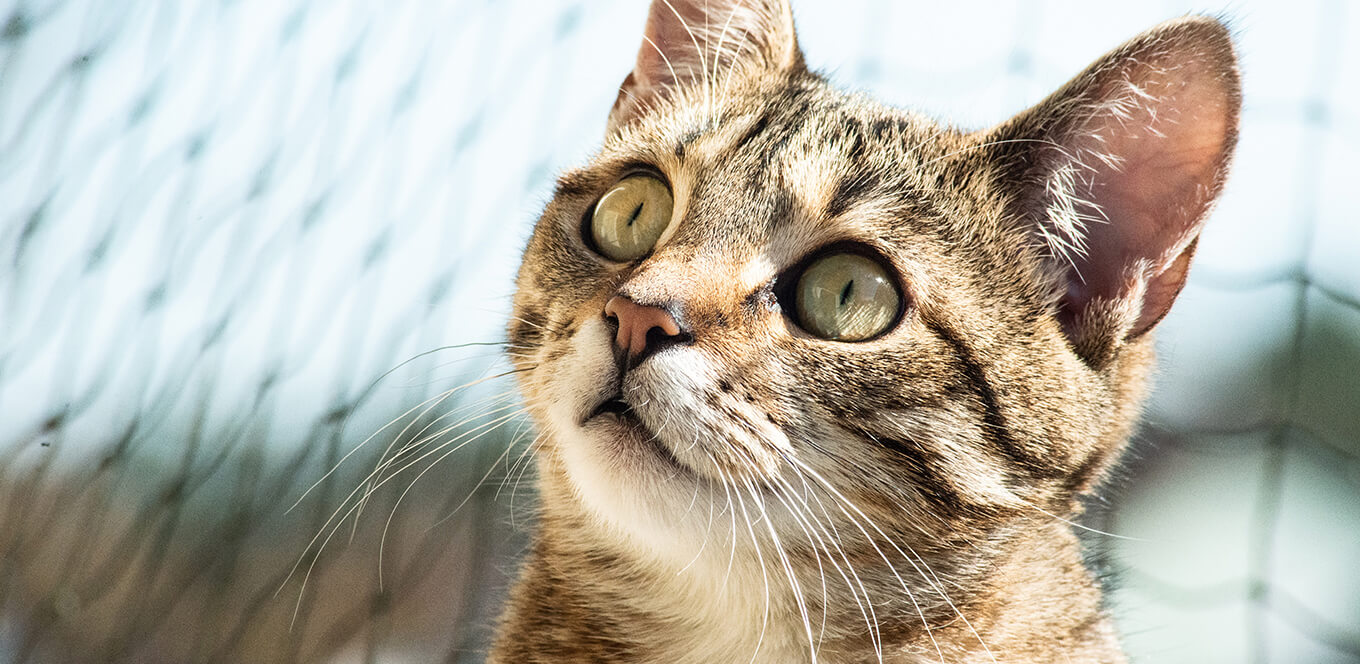
One simple preventative measure is to get your fast-eating cat to slow down or to simply eat less. Dr. Stephens recommends feeding smaller portions, elevating your cat’s food dish slightly or putting an object, such as a ball, into the dish. The cat will be forced to eat around the ball, thus slowing her intake. If you do this, make sure the ball isn’t small enough to swallow. And you may need to feed cats in a multiple-cat household at different times and places to reduce competitive eating.
If simple solutions don’t work, watch your cat’s eating behavior and reactions. Bowen, for example, tried changing her cats’ diets. “Since switching to IAMS™, they rarely throw up,” Bowen says.
“Usually, when you change to a higher-quality diet, there is no problem,” Stephens says. Here are some tips for helping make sure your cat’s food transition is as successful and comfortable as possible:
If your cat vomits more than three times a month or has chronic stomach issues, you can take several steps to help resolve her discomfort. With your veterinarian’s help and a little effort on your part, your cat’s stomach issues can be a thing of the past.